.jpg)
This article was republished on Simple as That, Scary Mommy, Power of Moms, and Utah Valley 360.
I deleted Instagram for a month to focus on writing my first book, but I got so much more out of it than that.
It took me awhile to actually delete the thing. Months, in fact. I knew a break was in order. I was getting too caught up in sharing there and spending too much time scrolling through people’s lives instead of fully living my own.
But, I kept justifying.
It was my digital scrapbook, after all. What if people try to contact me there? What if my following and engagement tank? And my biggest fear: What if I miss out on something?
I kept trying strategies to be on my phone less. A few things helped, but I still felt that near-constant pull to my phone. It was my go-to whenever I had a spare minute, or when I wanted to escape a tough moment. It had become a crutch.
When I finally pushed that little “x” and deleted the app, I instantly felt a sense of relief. Here are some insights I gained during my time away:
PRESENT OVER POSTED
At the beginning of my break, I still saw some experiences through the social media lens. When we did something fun as a family, my kids said something funny, I listened to a great podcast, or I had an insight, I thought, “I should post about this.” But that compulsion slowly faded away, and something better took its place.
I started being present in those moments. I saw them for what they were, instead of what they could be on Instagram. I enjoyed them not because they were a good photo opp or share-worthy, but because they were a memory in the making. I experienced things more fully, with all of my senses. I catalogued them in my brain instead of on my phone.
Social media alters the way we interact with experiences and people. Although social media platforms claim to help us be more connected and to make moments seem more important, even richer, by sharing them, I think they often do the opposite.
Incessant social media use causes us to see the special moments of our lives—the dog doing tricks, the child learning something new, exploring a new place—as an outsider. We live for the share and for what others will think about it instead of fully taking in what a given moment is meant to mean for us. It’s like we only experience it to the extent that it’s shareable, and it becomes more of a superficial experience than a visceral one. We’re left with a photo instead of a memory.
.jpg)
MORE CREATION, LESS CONSUMPTION
While working on my book for the past three years, I’ve had a nagging question at the back of my mind: How much further along would I be with it, how much more developed would my characters be, how much more could I hone my craft, if I didn’t have the noise of social media crowding my time and headspace?
A fellow writer shared this quote: “Efforts to deepen your focus will struggle if you don’t simultaneously wean your mind from a dependence on distraction.” I was depending on social media as a diversion and an excuse for not having time to do the things I really wanted and needed to do.
Some of the most revolutionary inventions and ideas in history came about during moments of quiet reflection, not chaotic moments fraught with physical and mental noise. I wanted to access that power.
I got more productive work done with my book during my four weeks without social media than I had in the previous three years I’d been working on it. When social media was out of the picture, moments of inspiration started coming significantly more frequently. And not just inspiration about my book, but about my kids, my friends, and my other creative projects.
Consuming social media (and other forms of media too) makes us feel like we’re doing something, but after an hour of it, we’re not left with much to show for it. It’s too easy to get stuck in a cycle of consuming instead of creating. I love Jody Moore’s podcast on this.
VALIDATION FROM WITHIN
Shortly after I got off Instagram, I started feeling some intense insecurities, to the point of what felt like an emotional breakdown. I thought it was strange, because getting off social media should have the opposite effect. Then I realized two things:
First, I wasn’t experiencing the buzz of sharing my photos and thoughts with the world and getting the near-constant validation of likes, comments, and new followers anymore.
Second, I wasn’t using social media to numb or escape from my feelings and my reality anymore. I was having to feel and process things more deeply. It was a wake-up call to how much I was depending on distraction to avoid feeling and experiencing emotions to their full extent. I’ve learned the valuable lesson of fostering confidence, approval, and self-validation instead of relying on external sources to get it.
.jpg)
FEELING WHOLE
As modern women, we feel like we’re being pulled in hundreds of directions. Social media exacerbates that fragmented feeling because we’re seeing what everyone else is doing, and comparing (even subconsciously) our situation and our choices to theirs. It’s overwhelming. I think our brains are kind of freaking out about the information overload of it.
Life isn’t meant to be lived by peering into everyone’s proverbial backyards to see what they’re up to, what their house looks like, what their hair looks like, what vacations their enjoying, and how their kids are behaving. We also don’t need to hear everyone’s advice (even good advice) about everything under the sun. That clouds our own intuition and common sense.
GENUINE CONNECTIONS
Without interaction on social media, I craved more real-life interaction with friends. I was more inclined to reach out to the friends who popped into my mind and talk to them. I told them what was on my mind instead of being inclined to share it on social media and call it good.
Just like an e-book will never replace a paperback book from the library, a double-tap or heart emoji on Instagram will never replace a real-life interaction.
Ever since I lost my social media addiction, I’ve been more present with my kids. That’s how I want to spend these years while they’re young and under my influence. And that won’t happen unless I make some intentional choices about how I use social media. I want to set the example that living life and connecting with people always comes before connecting with technology and social media.
FINDING BALANCE
I’m back on social media. But I can’t consume it in the same way I did before, because now I know how much more peaceful, liberating, and fulfilling life feels when I’m not tethered to my phone.
I don’t think social media is evil or something we should all ditch. There’s a lot of good to be found on it, and I enjoy sharing and connecting there. I applaud my friends who are able to pursue their passions and support their families through it. But for me, the return on my social media investment wasn’t worth the time and energy I was putting into it.
My break helped me come back to social media in a more intentional way. Now, I try to focus on the good things about it, and what it adds to my life, instead of spending time thinking about or engaging in the time-wasting aspects of it.
While social media apps can be a positive tool, the richness, fulfillment, and excitement of life is not contained in them. It’s in our relationships. Our real-life experiences. In simple, everyday moments, and in off-screen thoughts and inspiration. We shouldn’t have fear of missing out on what’s going on in the social media world—but of what we could be missing by spending too much time in it.

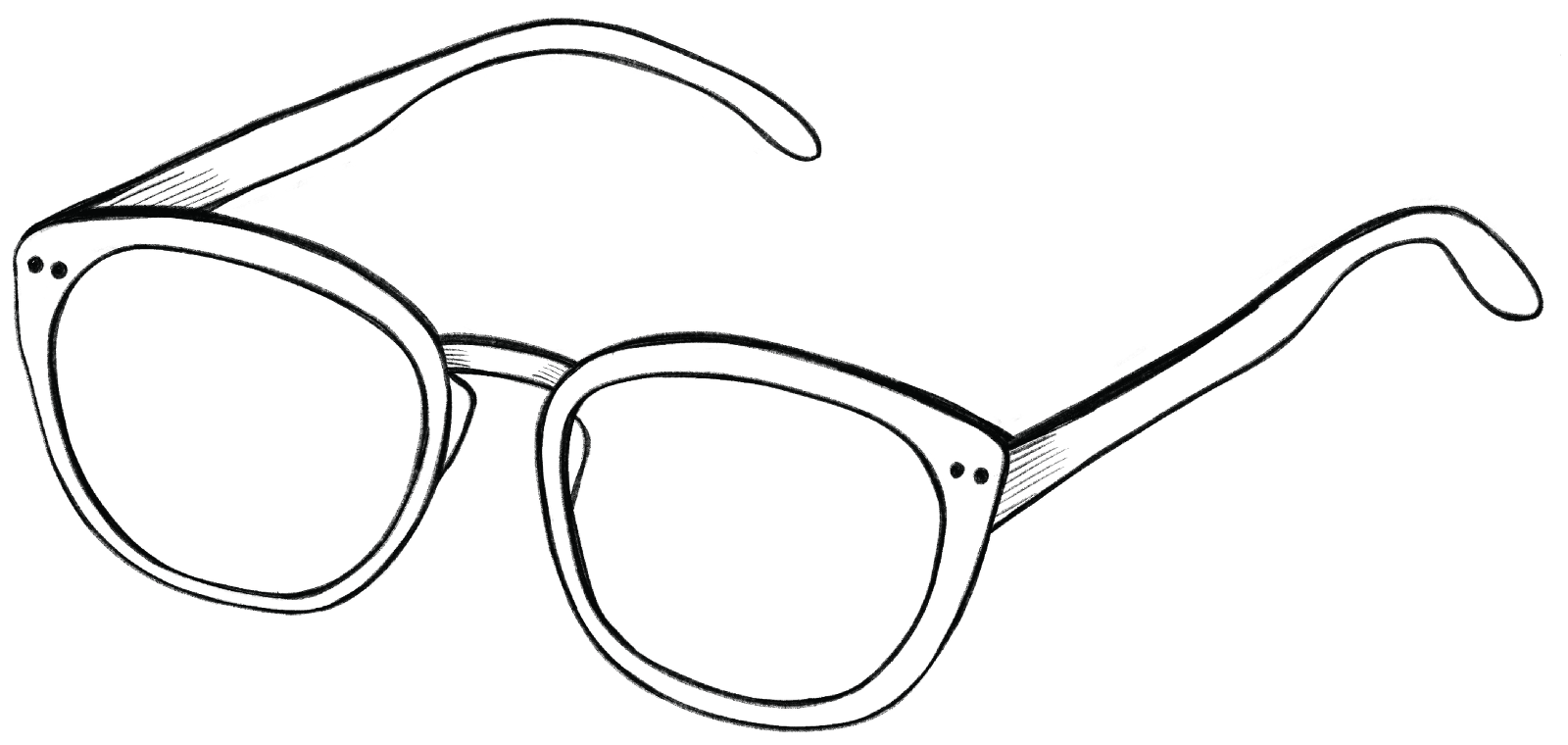
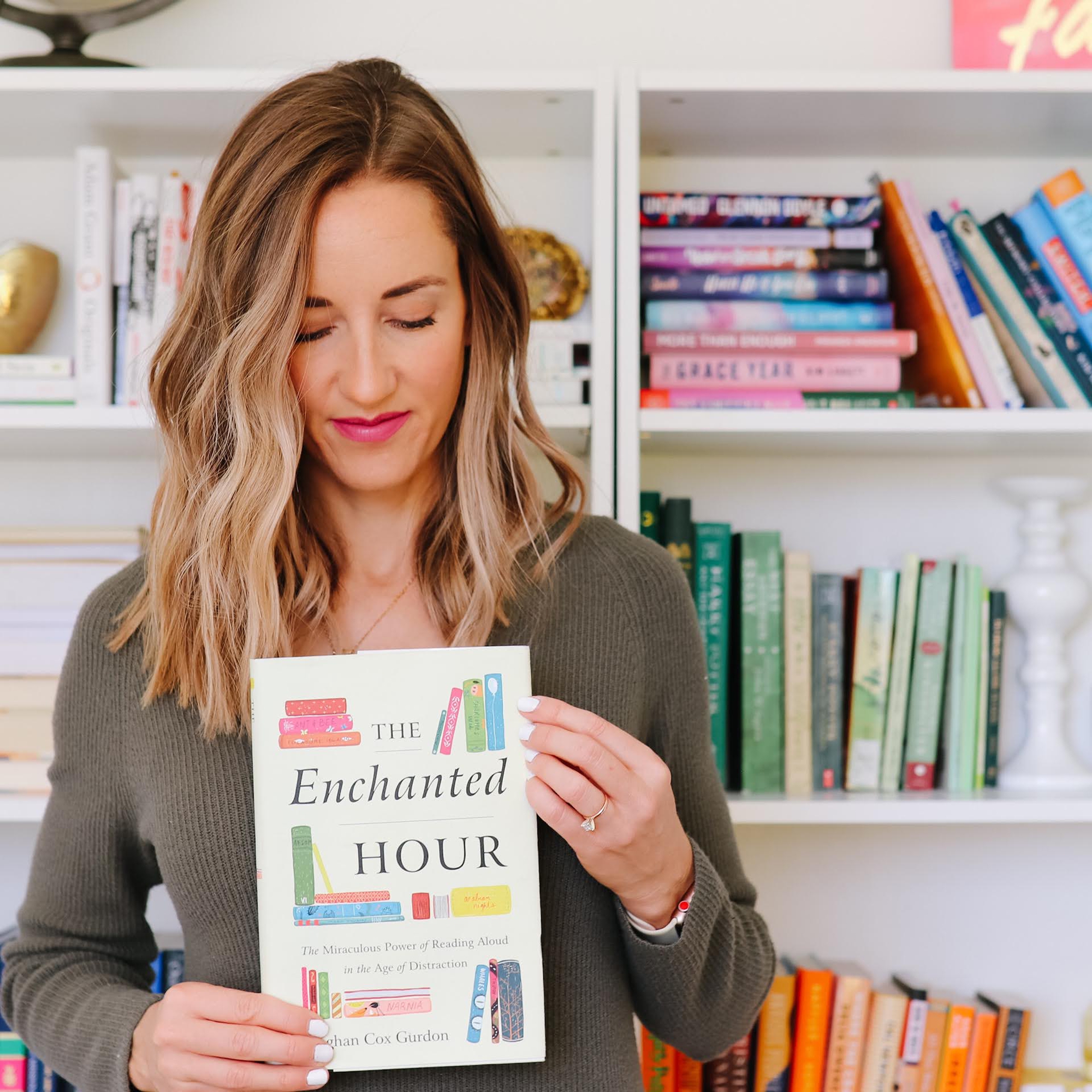
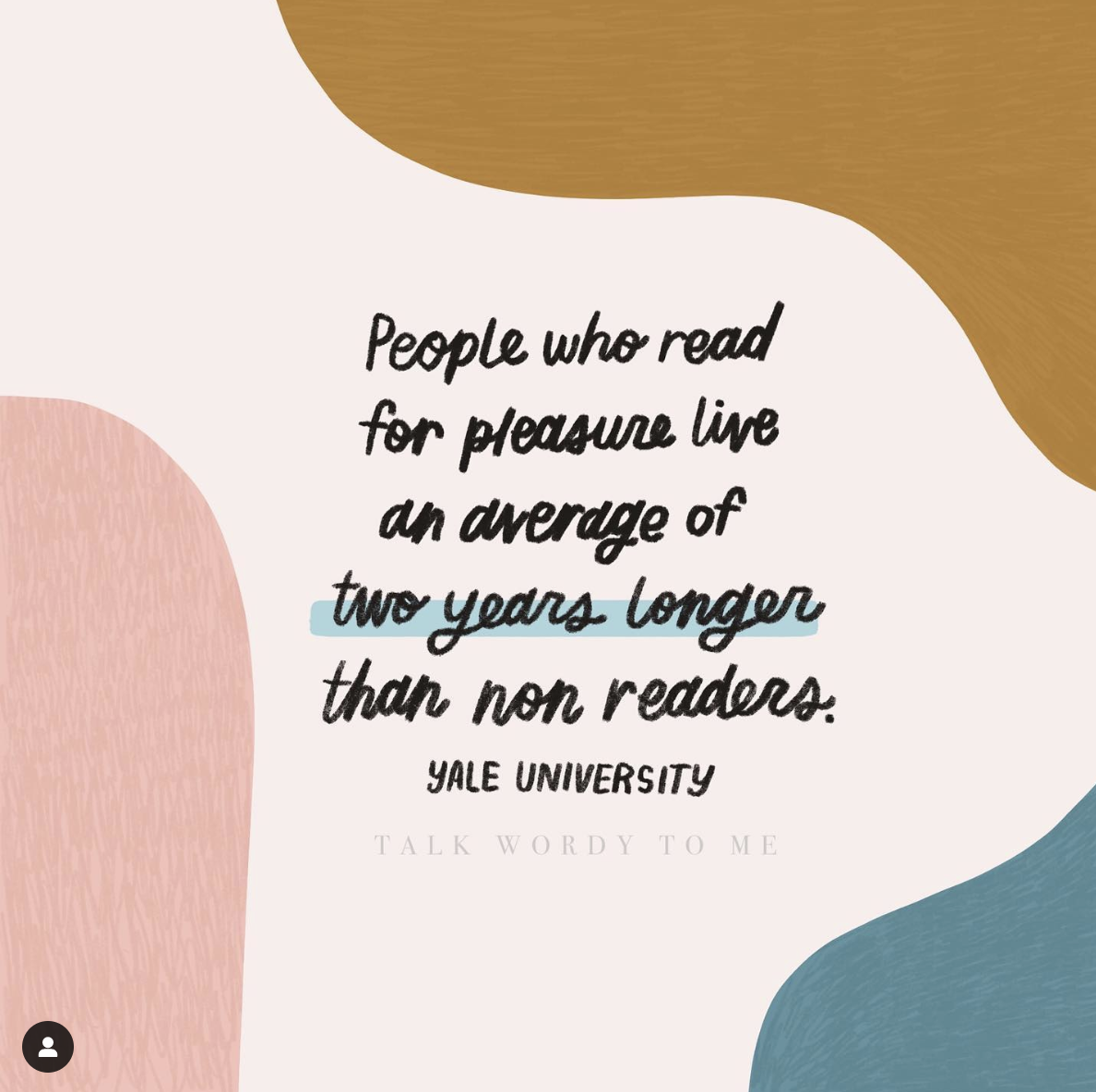
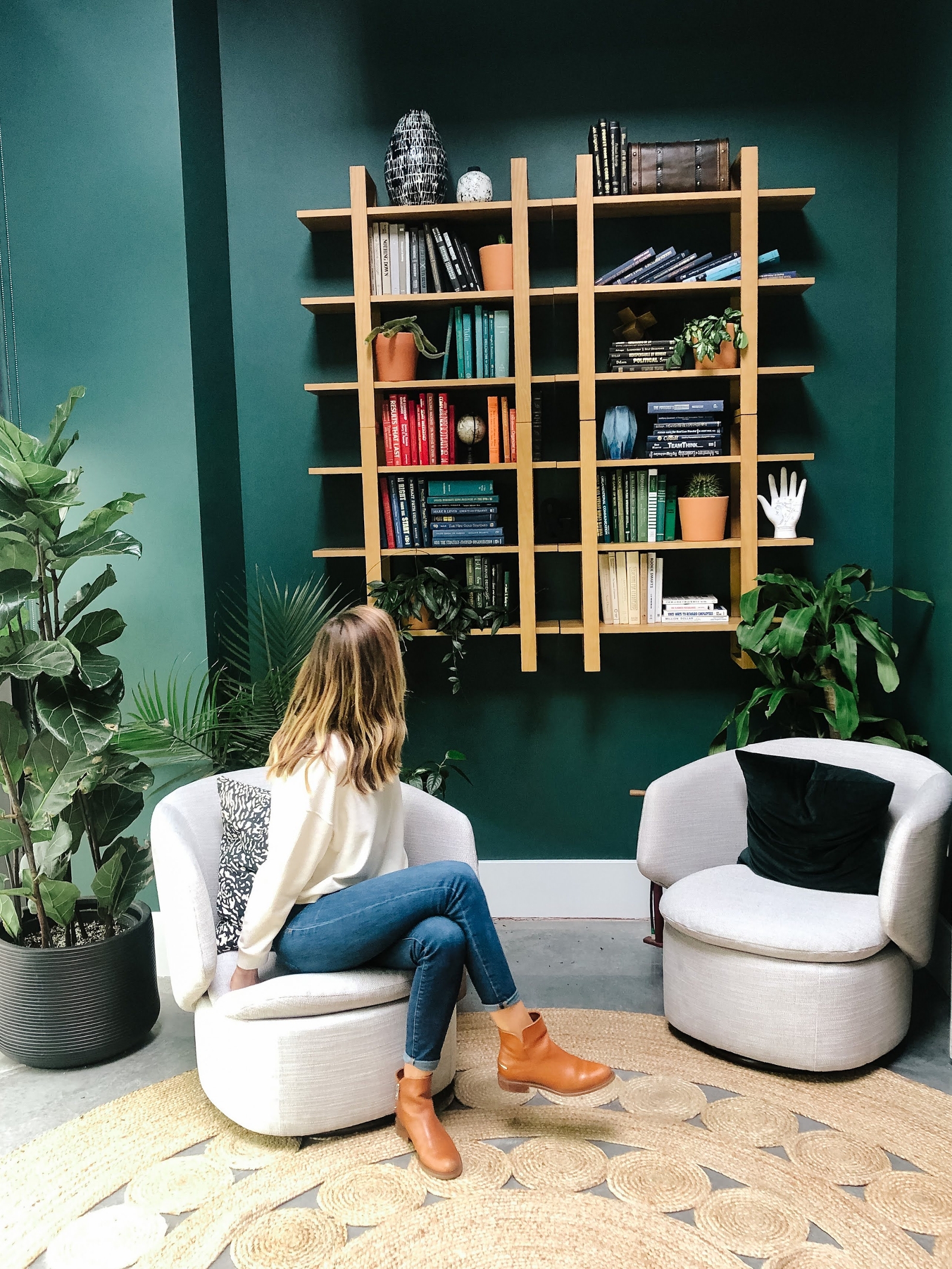
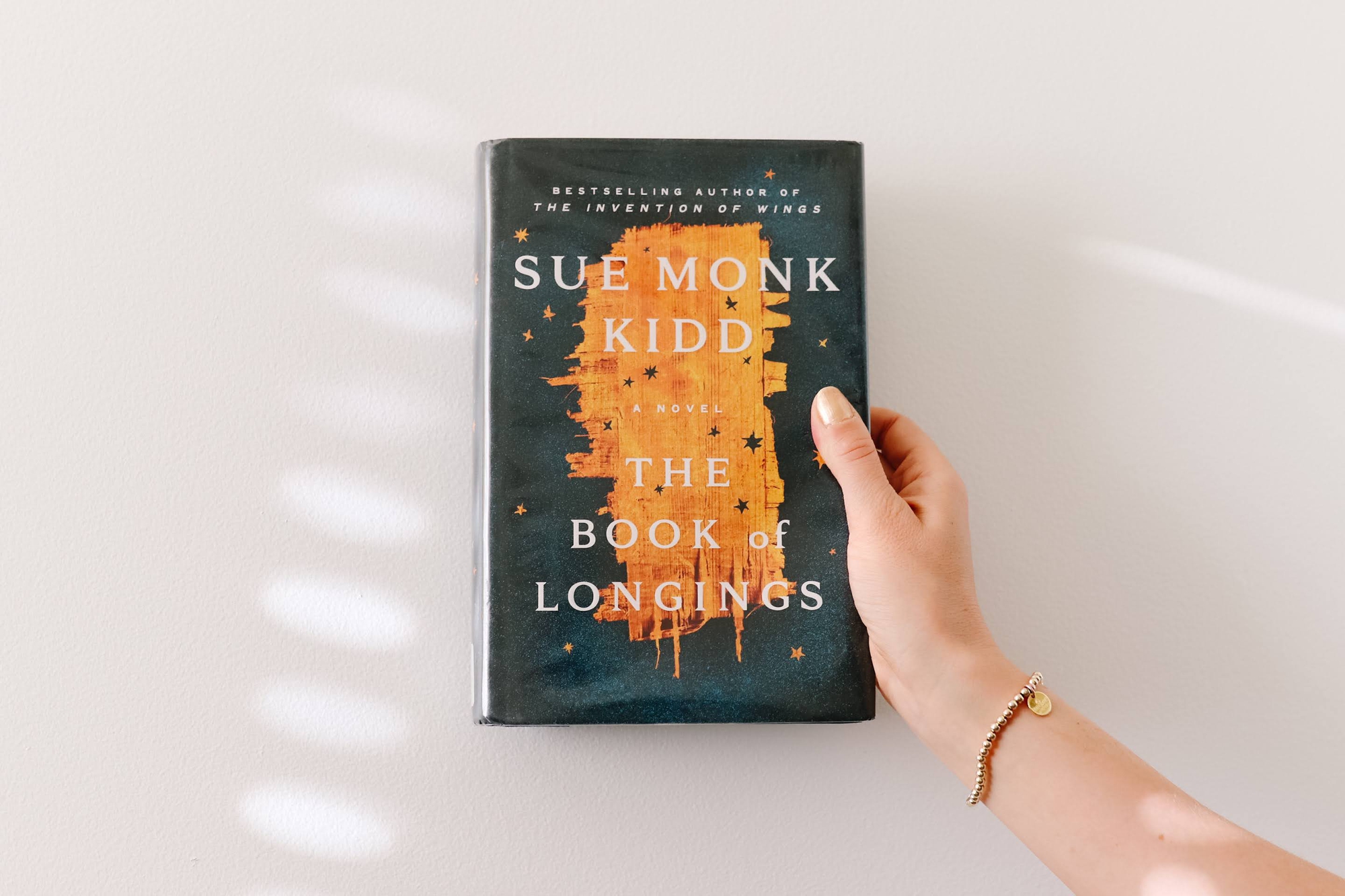
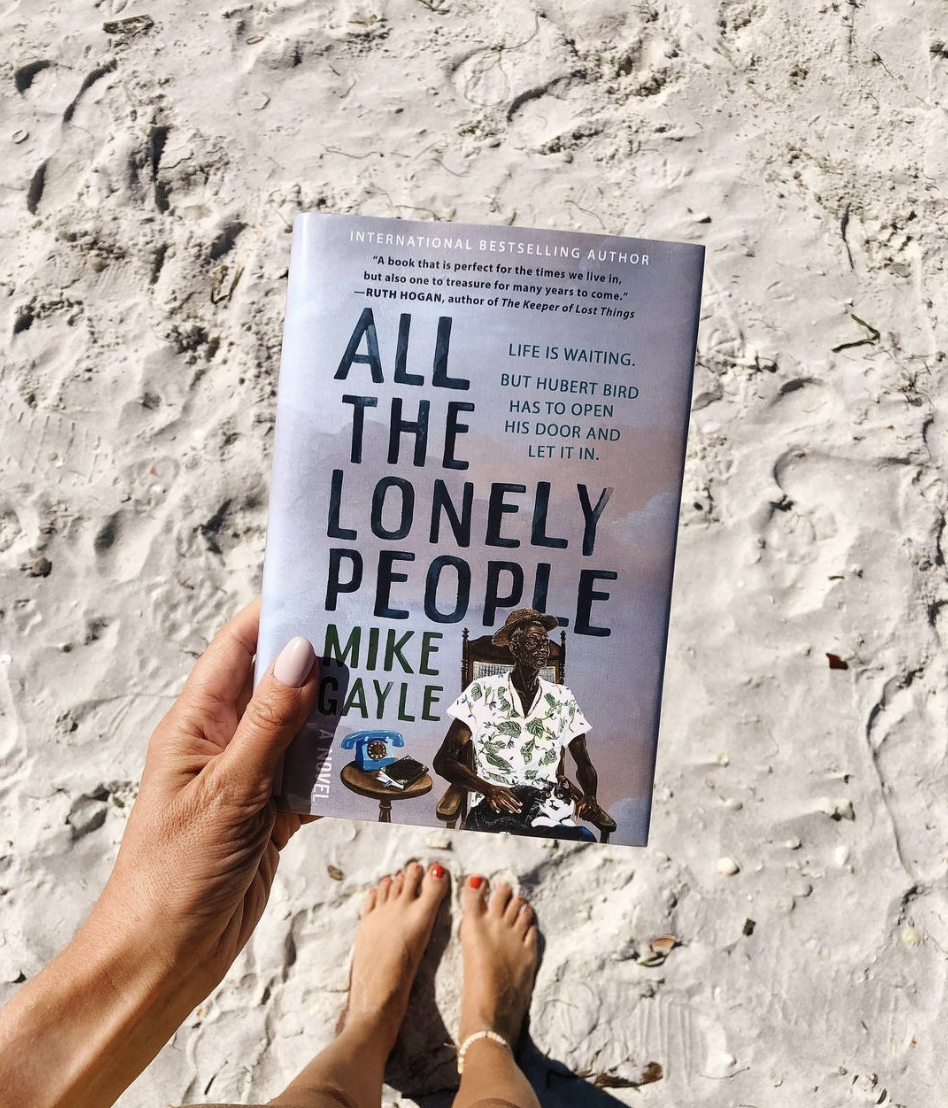
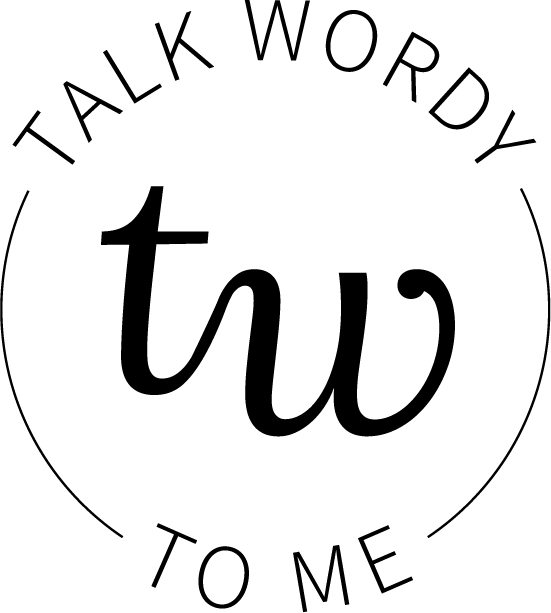

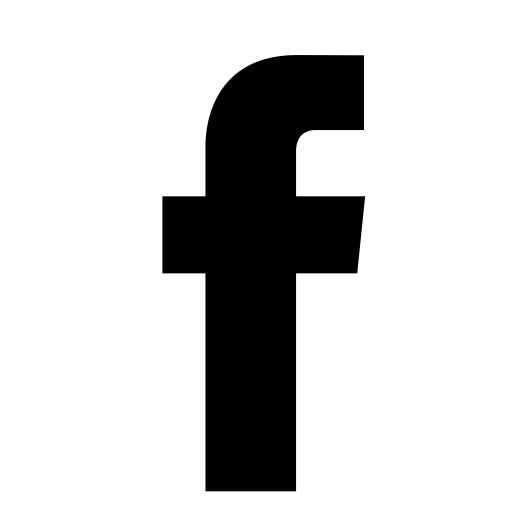
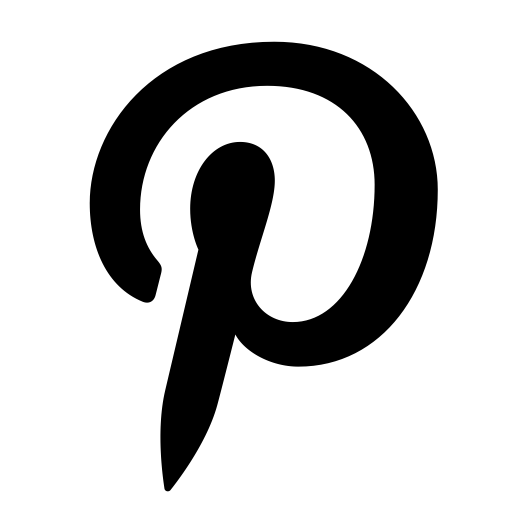
Ok I could have written this exact post! In fact, it’s been sitting, as an incomplete draft, waiting on my blog for probably two years.. ha! I love what you’ve shared — especially that key connection between consumption and creation, it’s something I noticed during my second Lenten social media fast particularly — and I’m so glad to have met you at SALT last month! I especially love how Pres. Nelson is on a social media fast kick right now 😉 I think we clearly still have some things to learn!